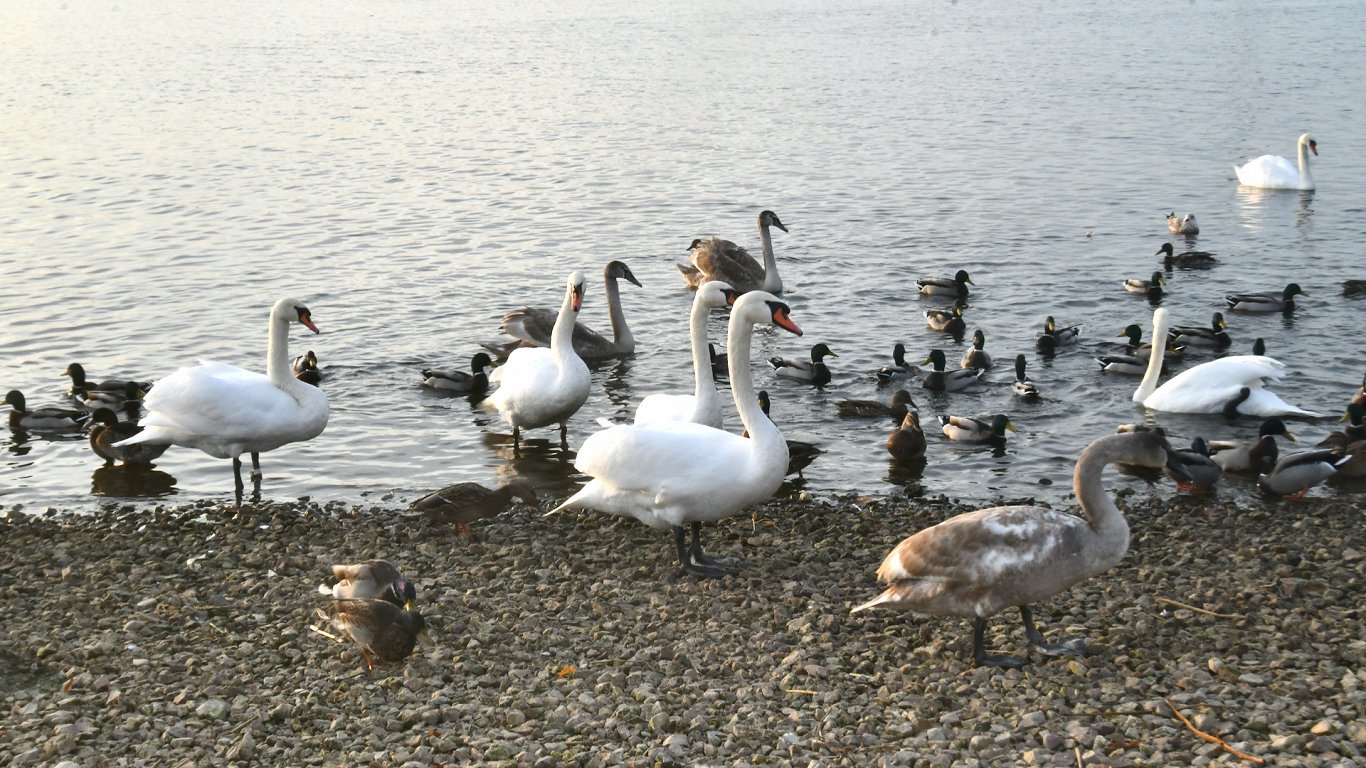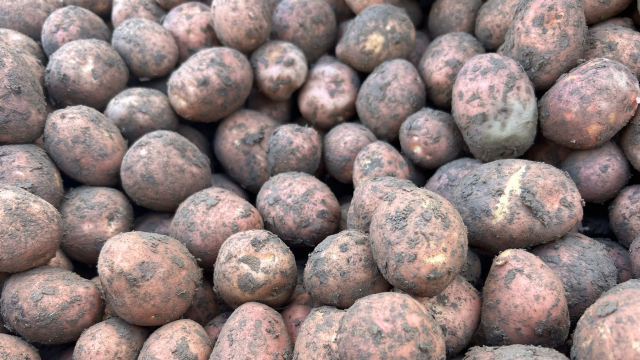An outbreak of the H5N1 strain of the disease has been detected in Estonia, though the precise location was not given by the PVD. However, several days ago Estonian news portal ERR News reported an outbreak at a farm in Rapla county, about 100 km from the Latvian border.
Measures to contain and combat the disease have been initiated at the facility, which keeps more than 160 different species of birds, including laying hens, ducks, geese, pigeons and peacocks.
"Taking into account the spring migration of migratory birds and the related risks of bird flu, the Food and Veterinary Service (PVD) calls on Latvian poultry keepers to strictly observe biosecurity and other regulations in order to prevent the introduction of bird flu and other diseases onto their premises," said the PVD. It went on to list measures including:
- feeding and watering of poultry should be organized in the home or in a fenced area, preventing access of wild birds to feed and litter;
- employees of poultry sheds and persons who come into contact with poultry must be provided with clothes and shoes that are used only at the place where poultry is kept;
- only water that is not extracted from surface water reservoirs must be used for watering poultry;
- in order to prevent direct and indirect contact with wild waterfowl, it is forbidden to release poultry and captive waterfowl into water bodies of natural origin.
PVD also recommends not letting poultry roam freely during this time, in order to prevent them from becoming infected with bird flu. All cases of suspected poultry disease must be reported immediately to a veterinarian or direct to the PVD.
"Highly pathogenic avian influenza is an acute, highly contagious infectious disease of birds characterized by high mortality. Distributors of the virus in nature are wild birds, especially waterfowl, which can develop the disease without characteristic symptoms. Poultry can become infected through contact with infected wild birds, their secretions and faeces. Birds can also be infected with contaminated water, feed or objects (shoes, clothing, equipment) which have come into contact with the virus," said the PVD.
Residents who find dead wild birds, particularly waterfowl, can report the location by calling the PVD hotline on 67027402 or informing the nearest PVD office, though the PVD said that only carcasses complete with head and internal organs should be reported as these are required for laboratory tests.
In Latvia, the highly pathogenic bird flu has so far only been detected in wild waterfowl.





























